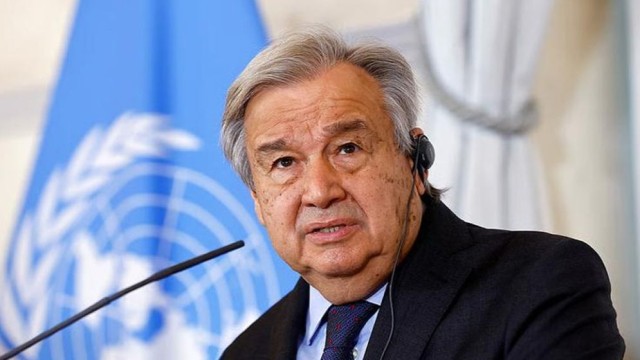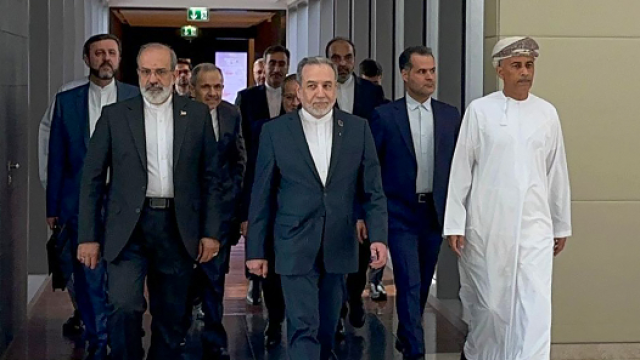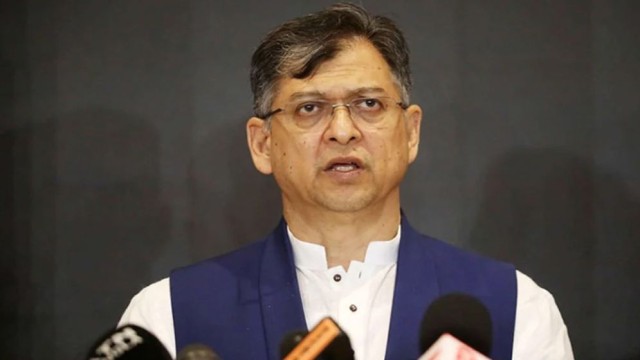Israel's coalition government, led by Prime Minister Benjamin Netanyahu, faces potential dissolution as two hard-right ministers have threatened to resign if Netanyahu agrees to a ceasefire plan proposed by U.S. President Joe Biden. Finance Minister Bezalel Smotrich and National Security Minister Itamar Ben-Givir voiced their opposition on social media on Saturday.
The ministers are firmly against any agreement that includes a ceasefire before the complete elimination of Hamas. Finance Minister Smotrich declared that he would not remain in the government if it declared an end to the conflict without achieving these goals and securing the return of all hostages as stipulated in the proposed framework.
Echoing this sentiment, National Security Minister Ben-Givir stated that accepting such a deal would not signify the end of the war or the eradication of Hamas but would instead empower terrorism and compromise Israel's security.
Both ministers pledged to dissolve the ruling coalition if Netanyahu agrees to the ceasefire proposal. Their parties hold significant sway in the slim-majority government: Ben-Givir's Otzma Yehudit Party holds six seats, and Smotrich's Religious Zionism Party holds seven seats in the Knesset. Netanyahu's coalition, already tenuous, relies on the support of these parties to maintain power.
In contrast, Yair Lapid, a key opposition leader, has pledged his support for Netanyahu's government should it agree to the ceasefire. Lapid's party, Yesh Atid, controls 24 seats in the Knesset, which could provide a crucial buffer for Netanyahu if his coalition fragments.
President Biden's ceasefire plan, announced on Friday, calls for a six-week cessation of hostilities and has been supported by mediators Egypt, Qatar, and the United States. The plan aims to provide humanitarian relief and initiate the process of negotiating a more permanent resolution to the conflict.
The political situation remains volatile, with the future of Netanyahu's government hanging in the balance as the hard-right factions and opposition forces prepare for potential shifts in power dynamics based on the handling of the ceasefire proposal.































Comment: